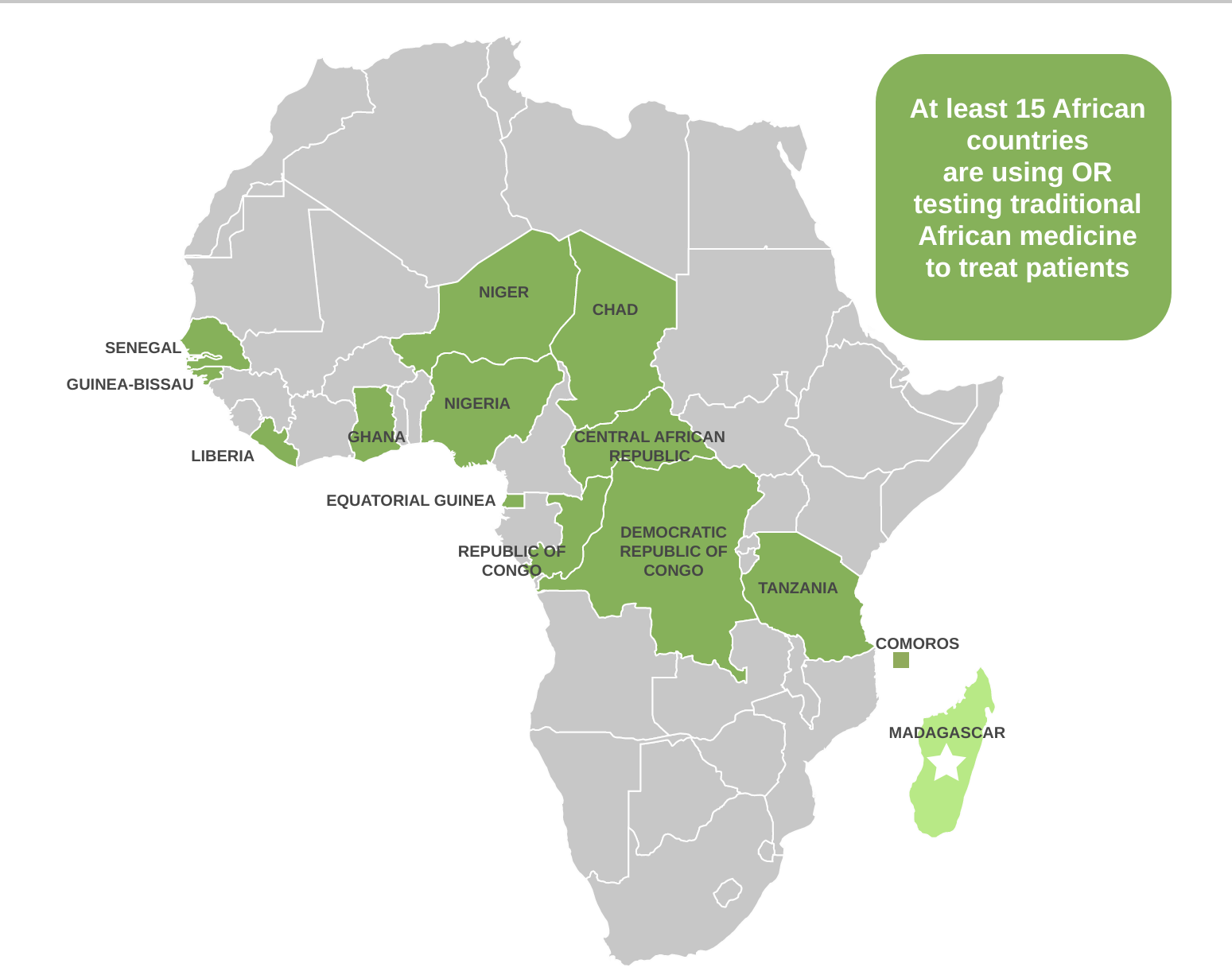Updated Weekly
This week could mark an important shift for African citizens health-wise. This week saw the African Union launch the African procurement platform, which is aimed at making sure African governments can get easier and faster access to the medical equipment they need from other countries across the globe and from each other. It should hopefully lead to a step-wise improvement in health-related COVID19 management, such as a rise in testing, a reduction in deaths as ventilation equipment improves, and lower transmission-rates as face-mask availability and isolation centres are expanded.
That said, the vast majority of African countries are still working incredibly hard to test, trace and isolate, as recommended by the Africa Center for Disease Control (Africa CDC) and the WHO. 36 African countries are mandating face-masks in public places, up from 30 two weeks ago. South Africa has marked a milestone by being the first African country to complete over 1 million tests. Botswana has jumped into the top 5 for testing per capita on the continent. 19 African countries, including LDCs such as Angola, Rwanda and Uganda are doing at least 30 tests per case detected, above a WHO recommended benchmark.
And, in terms of overall management of active cases, there are 13 countries that currently have under 100 active cases (i.e. total cases minus recovered cases and deaths), suggesting their health systems are not being overwhelmed, and just less that half the countries have over 500 active cases (26).
As a result, this week some countries such as Rwanda and Seychelles have announced plans to opening up to international tourism, in a bid to reignite their economies. This is risky, and some details remain unclear (for instance what will tourists do IF they test positive on arrival?), but it is nevertheless a very interesting development that we will be watching.
Finally, we have seen 5 African countries – Uganda, Eritrea, Namibia, Seychelles and Lesotho – that have still not recorded any COVID19 deaths. And where deaths have been recorded, morbidity rates in the majority of African countries appear to be lower than the rest of the world. Only 7 countries have morbidity rates worse than the US and China, and none worse the UK.
Is there something special about African countries? Are they just “too early” in their COVID19 trajectories, or are they fiddling with the numbers and just not recording the cases or deaths? A minority might be (see below for who), but we think there is more to this apparent success. Remember that COVID19 has been on the African continent since 14th February, and Lesotho – the last country to record a case – did so over a month ago. It has recorded only 4 cases out of over 1500 tests completed.
Two weeks ago we looked at correlations with the presence of resident and emergency Chinese medical teams, which we believe must be helpful but does not determine success or failure.
This week we have explored correlations with the countries that have been donated or purchased what has been touted as a traditional African medicine treatment from Madagascar, to see if this is helping.
We cannot detect a clear correlation. For example Chad has received a consignment but has the highest death rate on the continent. That said, some countries are simply testing the treatment rather than using it widely, nevertheless we do think it is far too early to jump to conclusions, and more rigorous study is needed.
But what we continue to see in the data is a pattern we saw two weeks ago of “bifurcation”. While almost all African countries have managed to “flatten the curve”, for several countries with over 500 cases, the curve is not yet bending down… It is simply rising and rising.
We also do see one or two countries we are concerned have “given up”. Tanzania in particular has the lowest tests per capita on the continent and has not updated case data for several weeks now. Burundi too remains a concern after elections were held a few weeks ago and the President passed away.
We hope these struggling countries will receive priority for the new procurement portal as well as support from Madagascar, China and traditional donors, urgently. Indeed, it remains a risk that many African countries may see sudden surges in cases over the next two weeks as they open up their economies, resume schools and so on.
Please take a look at our data below, and let us know your reflections and suggestions for further lines of enquiry.

To find out how Development Reimagined can help you, your organisation or Government during the COVID-19 outbreak please email the team at clients@developmentreimagined.com .
Special thanks go to Rosie Wigmore, Rosie Flowers, Chazha Macheng and Jinyu Chen for their work on the graphic and collecting/analysing the underlying data.
The data was collated from a range of sources including: government websites and media reports, the IMF policy tracker; the US Chamber COVID19 Dashboard; Our World in Data, Africa CDC and Worldometer. Data on the Madagascar Treatment is drawn from media reporting. Our methodology is entirely in-house, based on analysis of social distancing categories and other trends.
If you spot any gaps or have any enquiries, please send your feedback to us at DRteam@developmentreimagined.com, we will aim to respond asap.
June 2020


